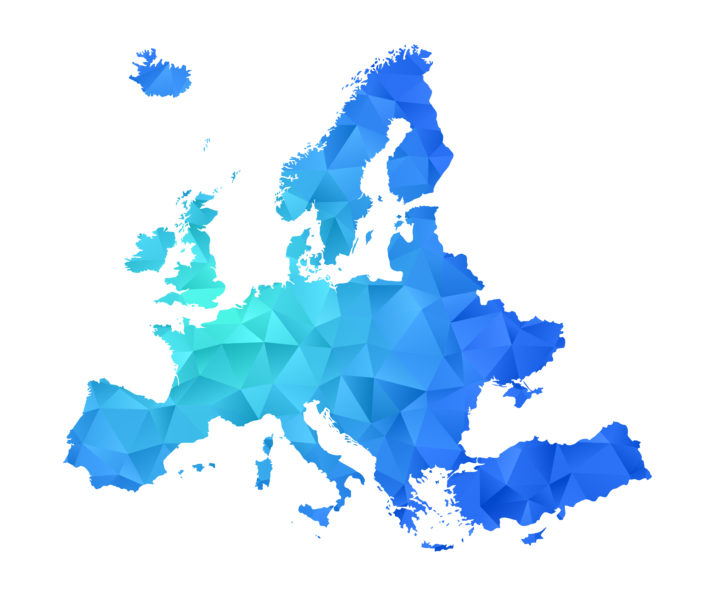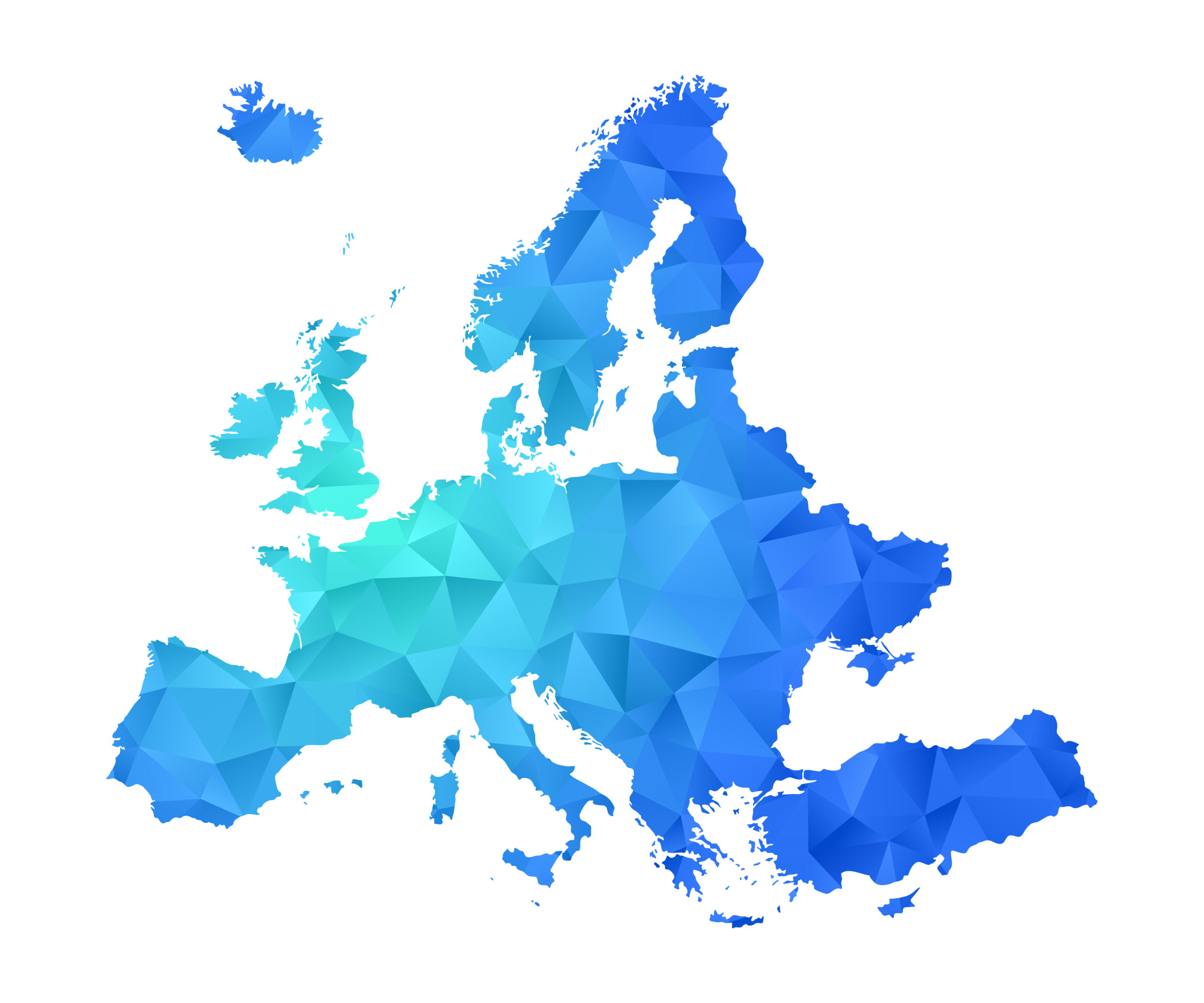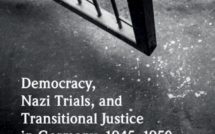

As a cultural entity, political project, and military-economic power, Europe has played different roles throughout ancient and modern history. Accordingly, the definitions of what Europe actually is, whether in terms of geography, cultural self-understanding, or its population’s subjective feelings of belonging, have been subject to large variations. On the one hand, recurring religious conflicts shaped the still persisting division into Eastern and Western Europe. On the other hand, projects of geopolitical and economic policy unification, such as Mitteleuropa from the latter half of the nineteenth century or the European Union from the second half of the twentieth century, shaped identities on the continent—with very different results. The seminar traces the historical and present meanings of the phenomenon and construct of Europe in their various cultural, economic, and political dimensions. Issues such as current European borders, the distinction between Europe and the European Union, versions of the East-West conflict, Eurocentrism, and the postcolonial effects of Europe’s colonial and imperial politics will be discussed on the basis of texts from a wide range of disciplines within the social science spectrum.
WEEK ONE: Introduction, class objectives, and course program
- Lecture, “Black Germany vor dem 2. Weltkrieg.” Goethe Institute Freiburg. http://www.hereandblack.org/black–germany/
- Film screening “Majubs Reise zu den Sternen [Majub‘s Trip to the Stars].” 2013.http://www.hereandblack.org/here-and-black-filmreihe/
Europe as a Process
WEEK TWO: The Emergence of Europe as an Idea
- Pagden, Anthony. 2002. “Europe: Conceptualizing a Continent.” In The Idea of Europe, edited by Anthony Padgen, 33-54. Cambridge Press.
- Hobson, John. 2007. “Revealing the Cosmopolitan Side of Oriental Europe. The Eastern Origins of European Civilisation.” In Europe and Asia beyond East and West, edited by Gerard Delanty, 107-119. London: Routledge.
WEEK THREE: Recent European Transformations
- Therborn, Göran. 1995. European Modernity and Beyond. The Trajectory of European Societies 1945-2000, Los Angeles, London: SAGE. Read: 34-55.
- Tilly, Charles. 2009. “Europe Transformed, 1945–2000”. In The SAGE Handbook of European Studies, edited by Chris Rumford, 17-35. Los Angeles, London: SAGE.
WEEK FOUR: Europe as a World Actor
- Césaire, Aimé. 1968. Discourse on Colonialism. Berlin: Wagenbach.
- Rodney, Walter. 2018. How Europe Underdeveloped Africa, London: Verso. Chapter IV.
Europe as a Project
WEEK FIVE: A Europe of World Citizens?
- Nimako, Kwame, and Stephen Small. 2009. “Theorizing Black Europe and African Diaspora: Implications for Citizenship, Nativism and Xenophobia”. In Black Europe and the African Diaspora, edited by Darlene Clark Hine, Trica Danielle Keaton, and Stephen Small. Chicago: Illinois University Press.
- Boatcă, Manuela. 2019. “Coloniality of Citizenship and Occidentalist Epistemology.” Dversia 03/19, special issue Decolonial Theory & Practice in Southeast Europe: 55-77.
WEEK SIX: Cosmopolitanism as a European Project
- Beck, Ulrich, and Edward Grande. 2004. Kosmopolitisches Europa. Gesellschaft und Politik in der Zweiten Moderne. Frankfurt a. M.: Suhrkamp.
- Delanty, Gerard and Chris Rumford. 2005. “What Does It Mean to Be a European? The Possibility of Cosmopolitan Loyalties.” In Rethinking Europe: Social Theory and the Implications of Europeanization, edited by Gerard Delanty, and Chris Rumford, 69-86. New York: Routledge.
WEEK SEVEN: The European Union—an Experiment
- Böröcz, József, and Mahua Sarkar. 2005. “What is the EU?” International Sociology, Vol. 20, No. 2, June: 153-173.
- Hansen, Peo, and Stefan Jonsson. 2011. “Bringing Africa as a ‘Dowry to Europe’ European Integration and the Eurafrican Project, 1920–1960.” Interventions, 13(3): 443-463.
WEEK EIGHT: Beyond Eurocentrism
- Randeria, Shalini, and Regina Römhild. 2013. “Das postkoloniale Europa: Verflochtene Genealogien der Gegenwart – Einleitung zur erweiterten Neuauflage.” In Jenseits des Eurozentrismus, edited by Sebastian Conrad, Shalini Randeria, and Regina Römhild, 9-31. New York: Campus Verlag.
- Purtschert, Patricia, Lüthi, Barbara, and Francesca Falk. 2012. “Eine Bestandesaufnahme der postkolonialen Schweiz.” In Postkoloniale Schweiz edited by Patricia Purtschert, Barbara Lüthi, and Francesca Falk, 13-63. Bielefeld: transcript.
Europe as a Problem
WEEK NINE: The Colonial Legacy: Germany, France, Spain, England
- Eckert, Andreas, and Albert Wirz. 2002. “Wir nicht, die anderen auch. Deutschland und der Kolonialismus.” In Jenseits des Eurozentrismus, edited by Sebastian Conrad, Shalini Randeria, and Regina Römhild, 372-392. New York: Campus Verlag.
- Pagden, Anthony. 1998. Lords of all the World: Ideologies of Empire in Spain, Britain and France c. 1500-c.1800. Yale University Press.
WEEK TEN: The Others Within I: Eastern Europe and the Balkans
- Bakić-Hayden, Milica. 1995. “Nesting Orientalisms: The Case of Former Yugoslavia.” Slavic Review 54 (4): 917-931.
- Todorova, Maria. 2003. “Historische Vermächtnisse als Analysekategorie. Der Fall Südosteuropa.” In Wieser Enzyklopädie des europäischen Ostens / Europa und die Grenzen im Kopf, edited by Karl Kaser, Dagmar Gramshammer-Hohl, and Robert Pichler, 227-252. Klagenfurt: Wieser Verlag.
WEEK ELEVEN: The Others Within II: Europe and Islam
- Asad, Talal. 2002. “Muslims and European Identity: Can Europe Represent Islam?” In The Idea of Europe, edited by Anthony Padgen, 209-227. Cambridge University Press.
- Amir-Moazami, Schirin. 2016. “Dämonisierung und Einverleibung. Die ‘muslimische Frage’ in Europa.” In Die Dämonisierung der Anderen. Rassismuskritik der Gegenwart, edited by Marìa do Mar Castro Verela, and Paul Mecheril, 21-39. Bielefeld: transcript.
WEEK TWELVE: Provincializing Europe
- Chakrabarty, Dipesh. 2002. “Europa provinzialisieren. Postkolonialität und die Kritik der Geschichte.” In Jenseits des Eurozentrismus, edited by Sebastian Conrad, Shalini Randeria, and Regina Römhild, 283-312. New York: Campus Verlag.
- Mbembe, Achille. 2011. “Provincializing France?” Public Culture, 23 (1): 85-119.
A “New” Europe?
WEEK THIRTEEN: Creolizing Europe
- El-Tayeb, Fatima. 2011. “‘The Forces of Creolization:’ Colorblindness and Visible Minorities in the New Europe.” In The Creolization of Theory, edited by Francoise Lionnet, and Shu-mei Shi. Durham & London: Duke University Press.
- Boatcă, Manuela. 2018. “Caribbean Europe. Out of Sight, Out of Mind?” In Constructing the Pluriverse, edited by Hans-Jürgen Burchard, and Bernd Reiter. Durham: Duke University Press.
WEEK FOURTEEN: Film Screening
- Jean Marie Teno. 2004. Le Malentendu Colonial, 78min.
Manuela Boatcă is Professor of Sociology and Head of School of the Global Studies Programme at the University of Freiburg, Germany. Her work deals with world-systems analysis, postcolonial and decolonial perspectives, gender in modernity/coloniality, and the geopolitics of knowledge production in the European East and the Americas. She is author of Global Inequalities beyond Occidentalism, Routledge 2016 and of Laboratoare ale modernității. Europa de Est și America Latină în (co)relație, IDEA, Cluj, 2020 as well as co-editor (with Vilna Treitler) of Dynamics of Inequalities in a Global Perspective, Current Sociology 2016. Together with Anca Parvulescu, she has co-authored “Creolizing the Modern. Transylvania Across Empires,” forthcoming in English, German, and Romanian in 2022.




